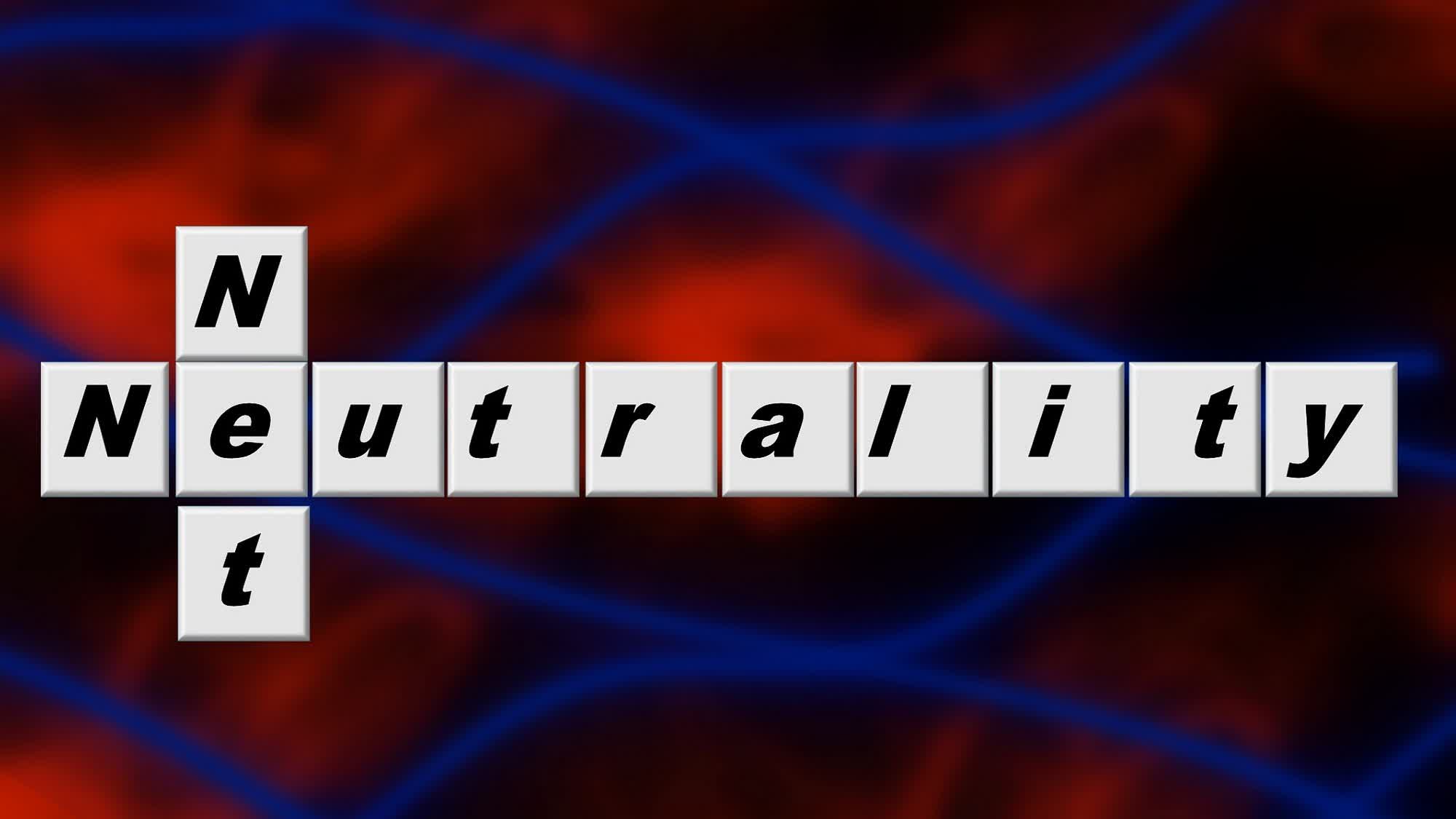TL;DR: The Sixth Circuit Court of Appeals blocked the FCC's attempt to reinstate net neutrality, ruling that ISPs will likely win their case against the FCC's overreach. The court stated that net neutrality is a significant issue requiring congressional authorization. Jessica Rosenthal, presiding FCC Chair, pledged to keep fighting for the rules.
The FCC's efforts to reinforce net neutrality in the US received a setback last week when the Sixth Circuit Court of Appeals blocked the agency's plans to reinstate Obama-era regulations that classify internet service providers as "common carriers." Explaining the rationale behind its decision to issue the temporary stay order, the court stated that ISPs would likely win their legal case against the FCC, claiming it overstepped its authority in reintroducing net neutrality laws. The court added that the FCC cannot unilaterally impose the proposed restrictions on broadband providers and will need congressional authority to implement the new rules.
In its unanimous decision, the three-judge panel stated that the final rule raises a "major question" and that the commission did not meet the stringent criteria for implementing such regulations. The court further noted that net neutrality laws require explicit authorization from Congress.
"The American public wants an internet that is fast, open, and fair. Today's decision by the Sixth Circuit is a setback but we will not give up the fight for net neutrality," Chairwoman Rosenworcel on Sixth Circuit stay of the FCC's net neutrality rules.
– The FCC (@FCC) August 1, 2024
The decision comes nearly five months after the commission voted to reinstate open internet rules adopted in 2015. The 3-2 vote in April was along party lines, with the three Democratic commissioners, including Chair Jessica Rosenworcel, voting in favor of the proposal while the two Republican commissioners voted against it. Former FCC Chair Ajit Pai repealed the regulation in 2017 in a similarly lopsided vote.
Following the ruling, Commissioner Rosenworcel issued a terse statement.
"The American public wants an internet that is fast, open, and fair," she said. "Today's decision by the Sixth Circuit is a setback but we will not give up the fight for net neutrality."
Internet service providers were classified as common carriers under the FCC's Obama-era Open Internet Order of 2015. The order also introduced net neutrality rules to ensure an open internet for all users. When the FCC overturned these rules two years later, the decision was roundly criticized by net neutrality advocates and hailed by internet service providers.
The principle of net neutrality states that all internet traffic must be treated the same, irrespective of its source or destination. It also bars the creation of "internet fast lanes" that could offer a massive advantage to large companies to the detriment of their smaller competitors. Net neutrality regulations aim to prevent anti-consumer behavior, like the so-called "zero-rating" schemes involving ISPs arbitrarily exempting particular websites and services from data caps to boost their traffic.
